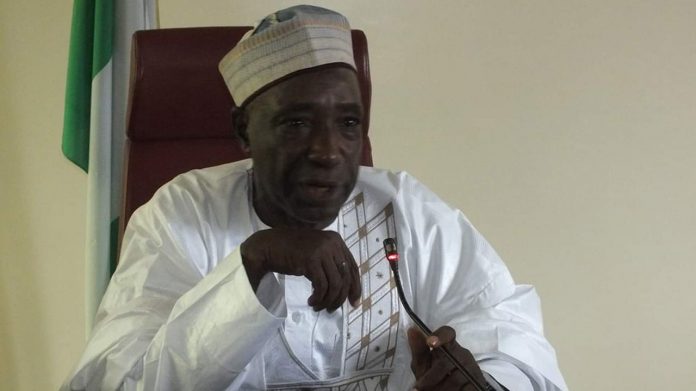Federal government has entered into partnership with the International Fund for Agricultural Development of the United Nations (IFAD) to lessen the impact of COVID-19 pandemic on small-scale farmers’ activities in the northeast.
The partnership is also to help reduce their domestic food supply challenges.
Already IFAD has provided a first grant of N342 million ($900,000) through its Rural Poor Stimulus Facility (RPSF) to support the worst affected small-scale producers and rural households in the North through the COVID-19 crisis.
The grant agreement, signed by minister of finance, budget and national planning, Zainab Shamsuna Ahmed, and IFAD’s regional director for West and Central Africa, Nadine Gbossa, will help vulnerable small-scale farmers in seven northern states — Borno, Jigawa, Katsina, Kebbi, Sokoto, Yobe, and Zamfara.
Under the leadership of the Ministry of Agriculture and Rural Development, more than 8,000 vulnerable smallholder farmers in Northern Nigeria will receive an agricultural stimulus and resilience package composed of climate resilient seeds; these are high yielding, and high nutritional value varieties that will help farmers achieve good production and secure their incomes.
IFAD’s support complements the United Nations Nigeria COVID-19 Basket by earmarking resources to mitigate the impact of the pandemic on smallholders’ farming activities and domestic food supply.
Minister of agriculture and rural development Alhaji Mohammad Sabo Nanono in his reaction to the agreement said, “We both recognise and appreciate IFAD’s support to our quest to mitigate the impact of the COVID-19 pandemic on the country’s economy, particularly on the agricultural sector.
“This support strengthens my ministry’s COVID-19 Agricultural Mitigation and Sustainability Plan (CAMSP) which aims to address the impact of the pandemic on Nigerian agriculture and food security.”
The government will procure 80 metric tons of seed – maize, rice and vegetables – and 722 metric tons of fertiliser that will support the most affected small-scale farmers.
Among those who are already participating in the ongoing IFAD-funded Climate Adaptation and Agribusiness Support Programme, about 50 per cent are women, 25 per cent men and 25 percent young farmers.


